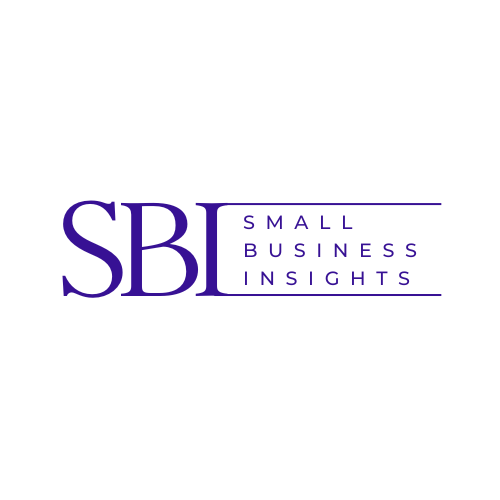
Money is a necessity when growing a successful business. Sadly, money doesn’t go as far today as it did only a few short years ago. Inflation has increased costs for everyone, making it more difficult for small businesses to succeed.
Sometimes it is necessary to borrow money to expand your business or just give you the cash flow your company needs to survive the next few months. Getting a loan for your small business may be what’s needed to keep your business on track.
The two most common types of business financing are a business loan and a business line of credit. It’s important to understand the key differences between these two types of loans to make the right choice for your small business.
How the Money is Received
Financing with a business loan means you will receive a one-time lump sum payment. Borrowing money from a business line of credit works similarly to a credit card. The line of credit will have a limit on how much you can borrow, and you can draw down only the amount of money you need at that point in time. Depending on the terms of the LOC, you could have the opportunity to access funds more than once a year.
How the Money is Paid Back
As with typical car loans or mortgages, business loans are paid back with a fixed amount over a fixed period of months or years. The repayment terms for the line of credit will depend on the amount drawn down and whether the LOC is a revolving line of credit or a non-revolving LOC. Payment terms for the LOC are commonly two years or less.
How Interest is Charged
The interest on a business loan will be charged on the total amount of the money borrowed. However, the interest on a line of credit will only be charged on the outstanding balance of the amount drawn down, not the total amount of the credit line (again, similar to a credit card). Interest rates for a line of credit are usually higher than interest rates for a business loan.
Collateral Requirements
The typical purpose of business loans is to purchase large equipment or property, and most lenders will require collateral to secure the loan. Some lines of credit will require collateral, but many options available for small businesses will not require securing the loan. Collateral requirements may depend on the creditworthiness of you and your small business.
Purpose of Loan
Most business loans will require the money borrowed to be used for a specific purpose and will tie in to any collateral requirements. Business lines of credit will generally not require identifying how the funds will be used in your small business.
Pick the Right Option for Your Business Needs
Think long-term when obtaining financing for your company and ensure the money you borrow will suit your overall business strategy and cash flow needs.
